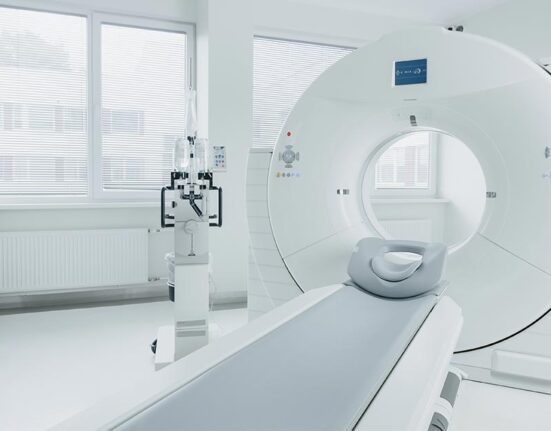The prostate, a small gland that plays a crucial role in the male reproductive system, often enlarges as men age. This condition, known as Benign Prostatic Hyperplasia (BPH), affects millions of men worldwide. Understanding the risk factors associated with an enlarged prostate can help in early diagnosis and management. In this article, we will explore what causes enlarged prostate and the primary risk factors that contribute to this condition.
Learn More: Prostate Health In Singapore >>
What Causes Enlarged Prostate
It is not known what exactly causes the prostate to become enlarged. However, there is a link to the natural ageing process and to hormonal changes.
As a man ages, his testosterone level decreases, but his levels of oestrogen remains relatively stable. This change in hormone levels is believed to contribute to the enlargement of the prostate gland. Another possibility has to do with the dihydrotestosterone (DHT) hormone. DHT plays a significant role in prostate development, and some studies have found that older men have higher levels of DHT, which may have an effect in stimulating the growth of prostate cells.
Enlarged Prostate Risk Factors
You are at greater risk of having enlarged prostate if you have the following risk factors:
- Age: This is the most significant risk factor for developing enlarged prostate. BPH is uncommon in men under 40, but the likelihood of developing the condition increases with age. According to SingHealth, in Singapore BPH has a prevalence rate reaching 8% at age 40, 50% at age 60, and 80% by age 90.
- Family History and Genetics Family history and genetics can significantly influence the risk of developing an enlarged prostate. Men with a father or brother who has had BPH are more likely to develop the condition themselves. Research suggests that specific genetic markers may predispose certain individuals to prostate enlargement. Understanding family medical history can be vital in assessing one’s risk and taking preventive measures.
- Lifestyle and Diet Lifestyle and dietary habits can also impact the risk of developing an enlarged prostate. A sedentary lifestyle, obesity, and poor diet have been linked to an increased risk of BPH. Diets high in red meat, processed foods, and dairy products, and low in fruits and vegetables, can contribute to the development of prostate issues. Conversely, maintaining a healthy weight, engaging in regular physical activity, and consuming a balanced diet rich in fruits, vegetables, and healthy fats can help reduce the risk.
- Underlying Health Conditions Certain underlying health conditions are associated with an increased risk of an enlarged prostate. Diabetes and heart disease, for example, are linked to a higher likelihood of developing BPH. Chronic conditions that affect blood flow or hormone levels can contribute to prostate enlargement. Managing these underlying health conditions through lifestyle changes and medication can help mitigate the risk of developing BPH.
Contact Us For An Appointment
Understanding the symptoms and prevalence of BPH in Singapore is the first step towards effective management and treatment. Awareness and early intervention are key to improving the quality of life for men affected by this condition. If you would like to make an appointment to see a urologist, contact us via the button below.
Protect against cancer, cardiovascular disease, and other chronic diseases with regular health screening. Compare and shop for health screenings from Singapore and regional healthcare providers at a single convenient platform - shop.health365.sg
This article is informative only and is not intended to be a substitute for professional medical advice, diagnosis, or treatment, and should never be relied upon for specific medical advice.





















































